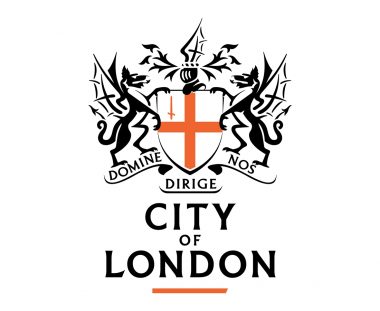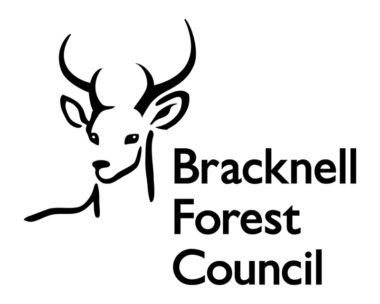My First Thoughts on Dyslexia
Dyslexia, what do you think when someone says that they have Dyslexia? The “go-to” is that the person will have trouble reading and writing. This was my thought before I started working here at Accessibility Services.
However, dyslexia is so much more than that. Unless you experience the different impacts of Dyslexia, then you will never know how much someone may go through getting, or conveying information.
Looking back to my school life, before I lost my sight, I may have had some sort of Dyslexia. Now, apart from some spellings, having no sight gives me another problem to sort out.
Experiencing Some Forms of Dyslexia
At Accessibility Services, we assess our client’s websites for any part of the site that will make it inaccessible for a person with Dyslexia.
In some incidence’s letters on a screen, or a paper page move around. For someone who has never experienced it before, I know it sounds strange, but it must be very disconcerting the first time it happens to someone. There are some simulated examples of people’s experiences that have been created on the internet. Have a search for these sites and experience it for yourself, normally I would give you a site to go to, but as I can’t experience it myself, I will leave it to you.
Below are some of the situations that people with Dyslexia may experience when using a website.
Making Changes to Your Website to Enable People with Dyslexia
There are functions available that allow a user to make changes to a web page, to allow them to view the site with minimal distractions. Many sites have the option to change font size, colour etc. as I said different views, or filters, are better for some people than others, so giving your user a choice that suits them, the site shows you are trying to cater for everyone.
Website Elements That Can be Distracting for People with Dyslexia and Fail an Accessibility Audit
When we deliver an accessibility audit, we suggest changes that can be made to a website to assist people. Not having a control feature on moving images, or carousels will be identified as an issue and are one of the parts that fail an accessibility assessment. You should have a pause button for these moving images. Again, give that control to your visitors.
Website Features That Can be Helpful for People with Dyslexia
Sitemap
Another fact for everyone, do you know about a page on a website called ‘sitemap’?
Some people feel the way the search facility works on a website is a distraction or a hindrance. The sitemap page contains all the pages on the website, which may assist in finding the information that you require, in one place. Furthermore, some pages are labelled differently and may not come up in a search, but you may recognise the similarity to the wording that represents the information you are seeking. A crude example is: “contact us”, where it could be “get in touch”. Not the best example, but I hope you get the idea. Have a look for the sitemap page on your next visit to a website and who knows, you may choose to look for it instead of using the search facility next time.
Creating Simple and Attractive Pages and Documents with Dyslexia in Mind
One more thing here: I now know why my English teacher kept on about structure in what I wrote, i.e. length of paragraphs. I just thought they were being picky, but there is always a reason. How we use the different colours, fonts and spacing to our websites and documents may look pretty to us but please think of others when creating a page. Get people’s opinions because everyone is different.
We Have Experts with Cognitive Impairments, and We Want to Help You
Accessibility Services have employees, who are experts in this field and can pick up any problems they have while assessing a client’s website. Our team have the technical expertise and can advise how to fix any problems picked up by the assessors.
We have also provided some helpful information that you may not know, which will put you in control of how to view or use any websites and other digital platforms. You can also find handy tips to help you change the page or your device to make the internet easier for you to use. Please visit our Cognitive Impairment assistance page and share the information with whomever you think it will help.
Advocating For People with Dyslexia and Cognitive Impairments
If you come across a website that is not catering for your impairment and you can’t use some part of the site, then please contact us at: accessibility.services@shaw-trust.org.uk
We will contact the site owners and see if, together, we can make changes.







